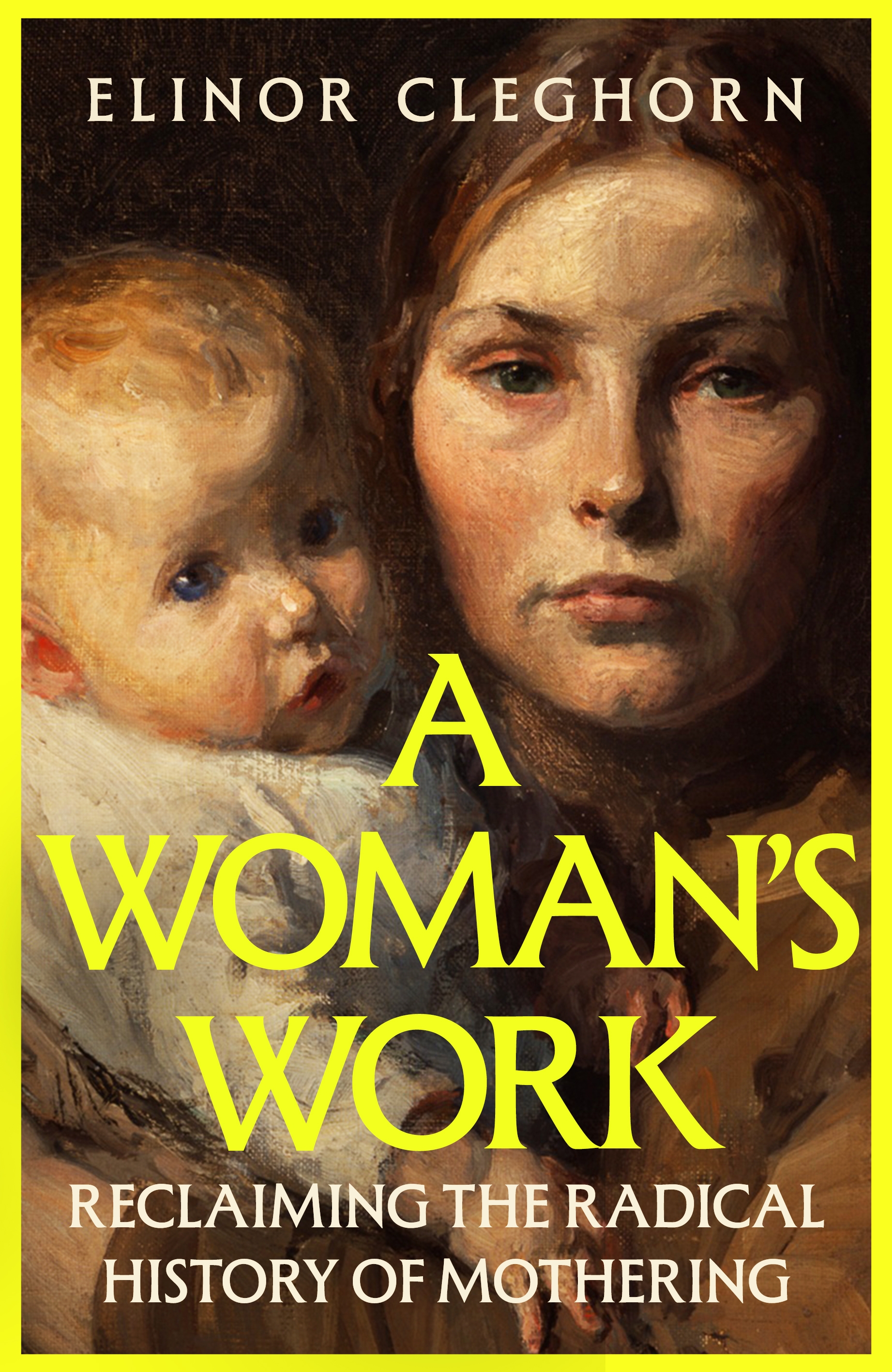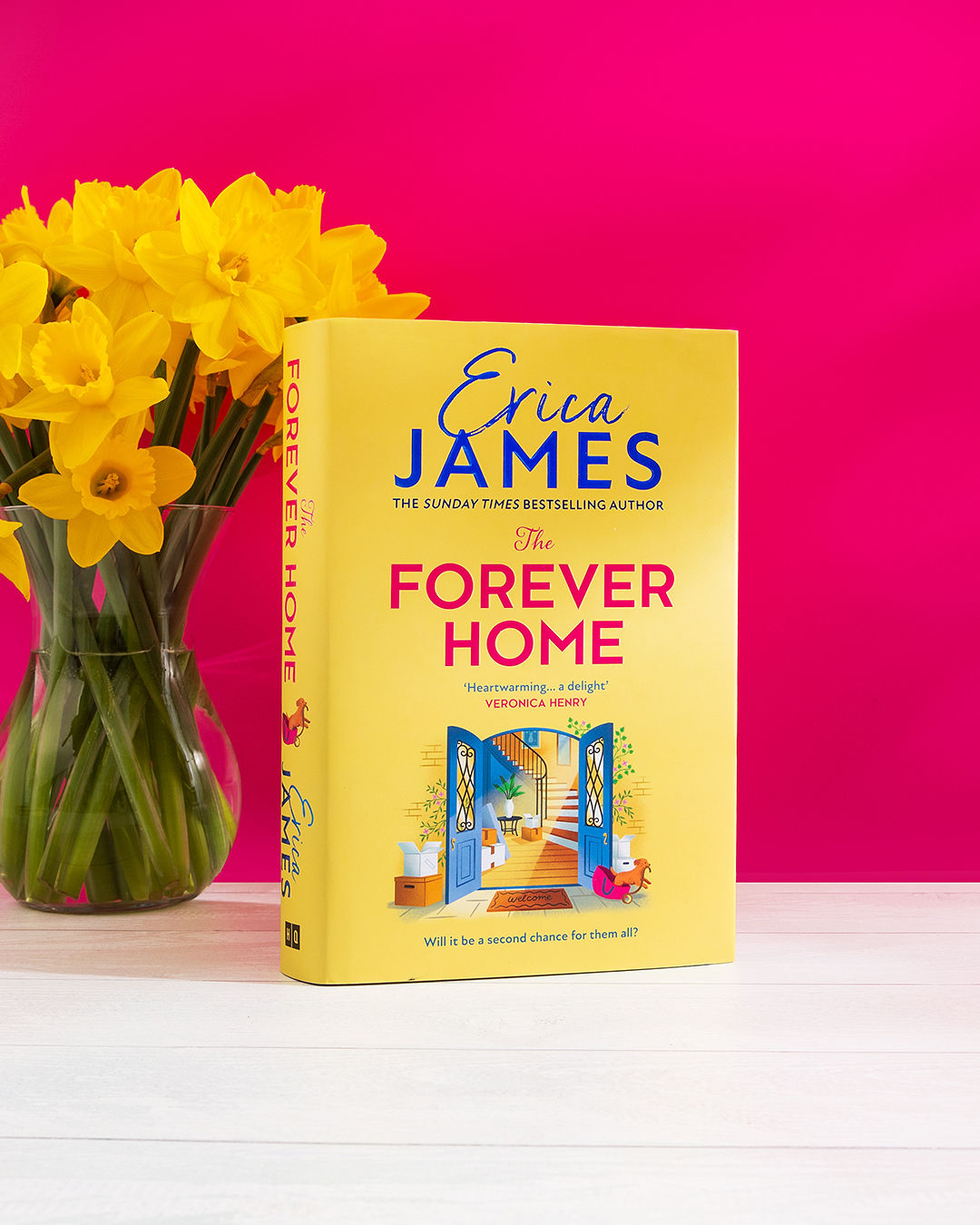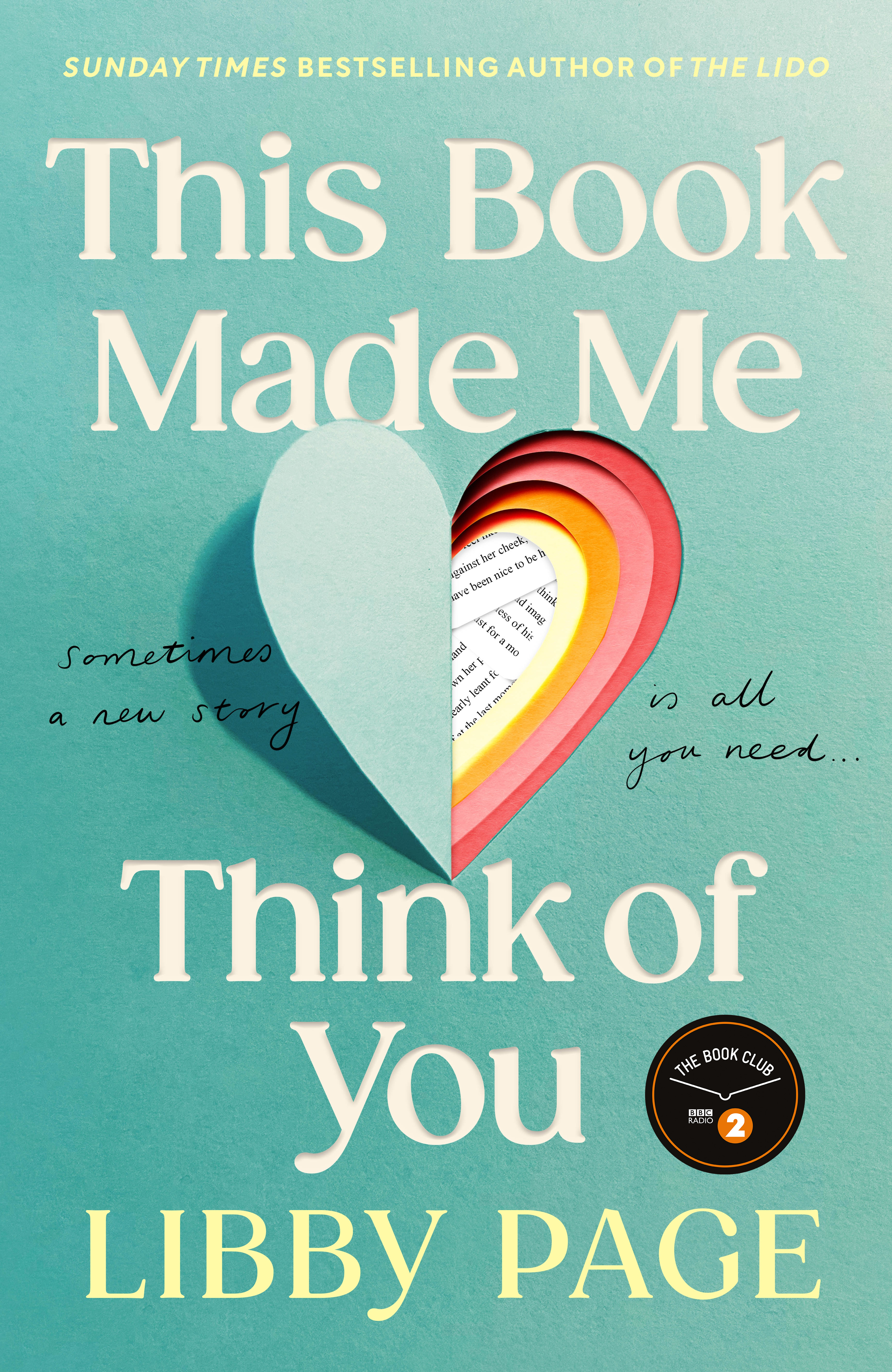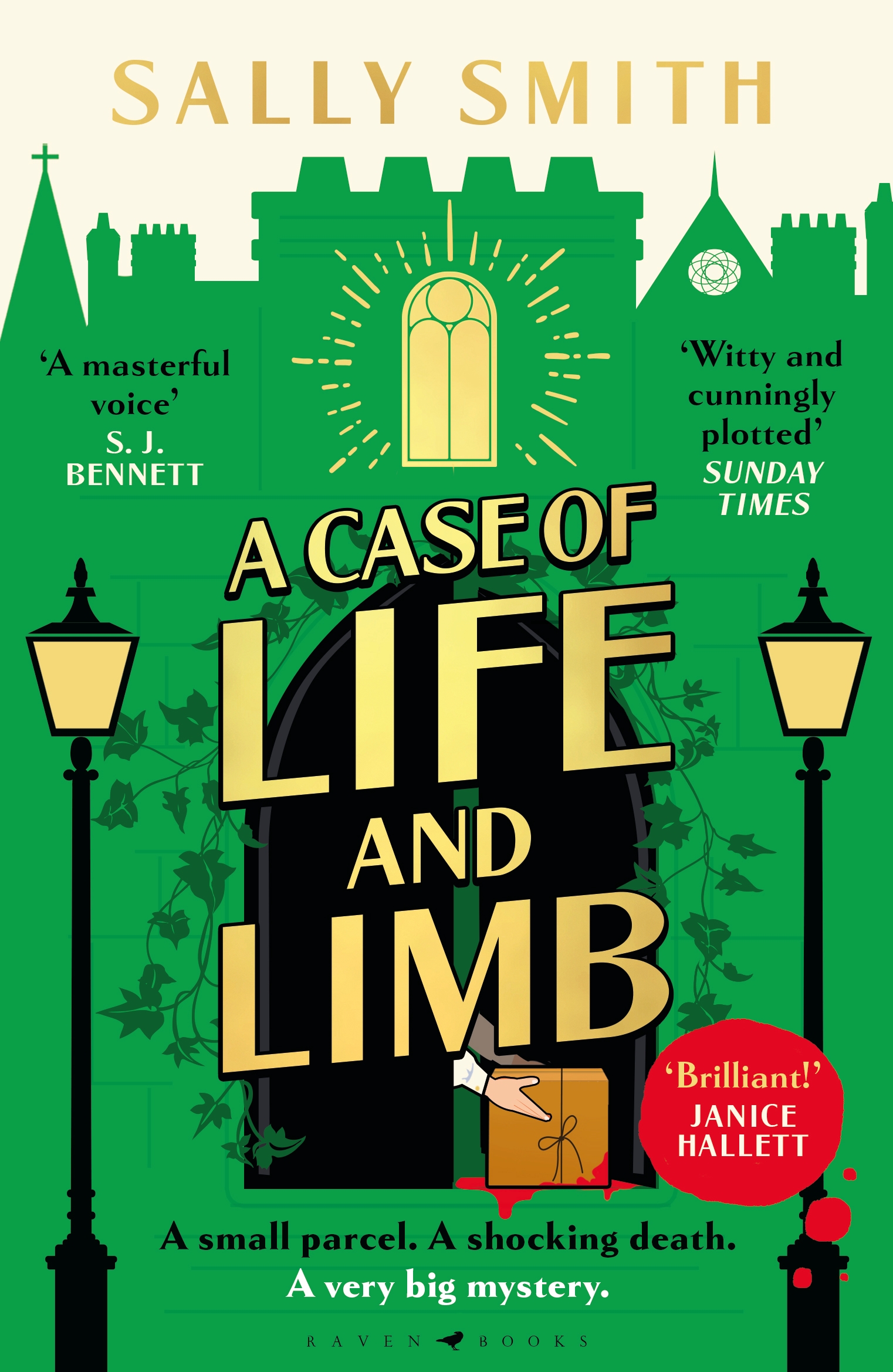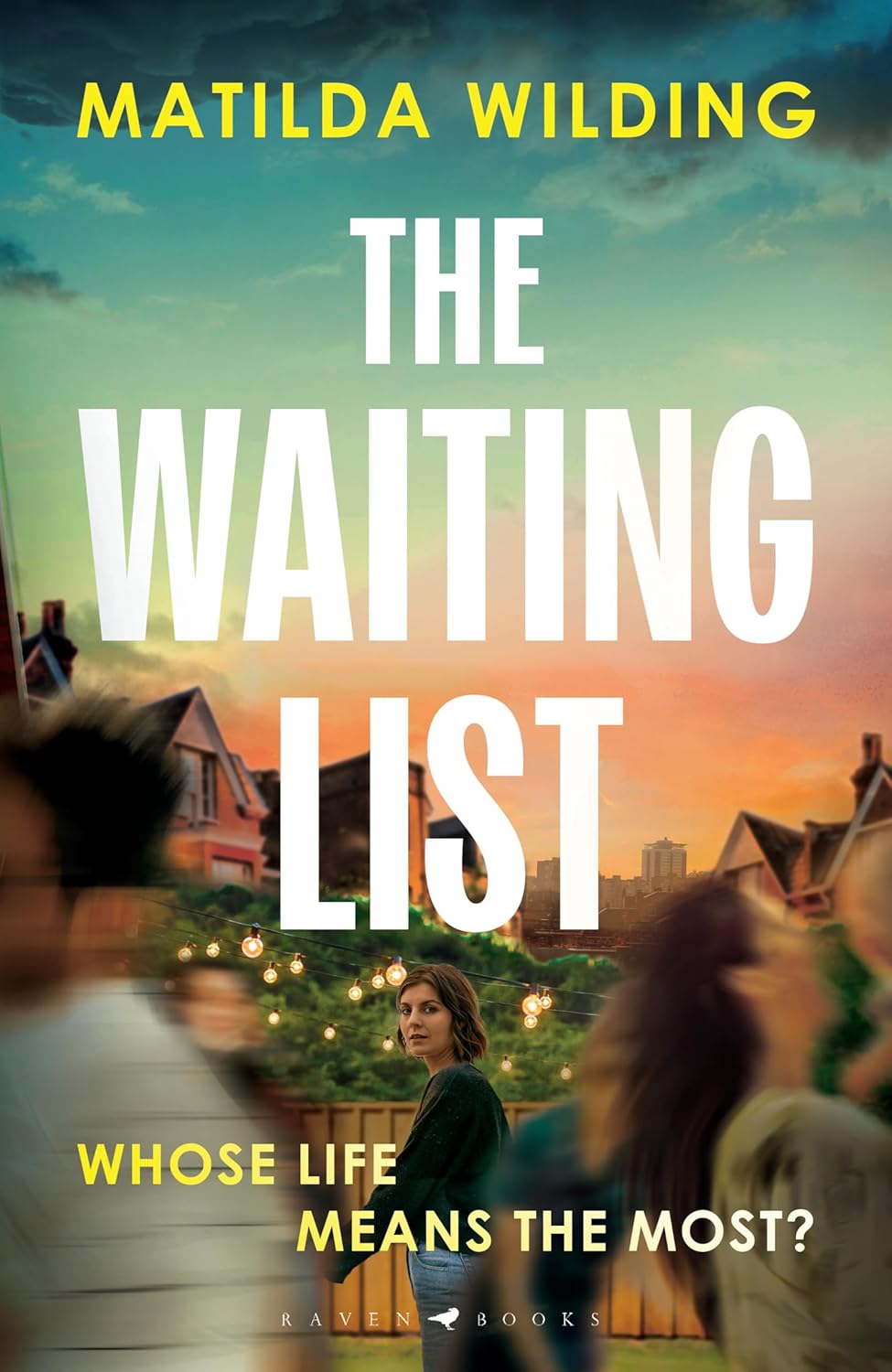The Persians

As seen:
By Sanam Mahloudji
avg rating
4 reviews
SHORTLISTED FOR THE WOMEN’S PRIZE FOR FICTION 2025
SHORTLISTED FOR THE BOLLINGER EVERYMAN WODEHOUSE PRIZE 2025 ‘Enormously entertaining’ THE TIMES ‘Unputdownable’ HARPER’S BAZAAR ‘Funny, sharp and insightful … a triumph’ LAUREN LAVERNE ‘Magnificent’ BERNARDINE EVARISTO Five women. Three generations. A whole lot of family history. The Valiat family are in crisis. Elizabeth, the regal matriarch, remained in Tehran despite the revolution with only the Islamic law-breaking Niaz for company. Meanwhile, in America, Shirin, Seema and Bita are wondering if their gleaming lives in ‘the land of plenty’ are all they had hoped for. When an annual vacation goes wildly awry and Shirin is arrested, long-held Valiat family secrets begin to surface. As their lives are turned upside down, could revealing the truth save their family or might it break them apart, once and for all? ‘Funny, gutsy and confidently written … an outstanding debut’ DIANA EVANS, 2025 Women’s Prize Judge ‘Mesmerising’ MONICA ALI, author of Love Marriage ‘A joy of a debut’ DAVID MITCHELL, author of Utopia Avenue ‘Darkly funny, richly satisfying’ SARAH WINMAN, author of Still Life ‘As funny as it is moving’ GUARDIAN ‘Riotous … will have you hooked’ STYLIST ‘As exuberant as it is sharp’ iNEWS ‘A sweeping and irreverent tale’ BBC ‘Gloriously engrossing’ TASH AW, author of The South ‘Exuberant, comic, perceptive’ AMINA CAIN, author of Indelicacy ‘A very brilliant, very special book’ JESSICA STANLEY, author of Consider Yourself Kissed ‘An unforgettable read’ JOSIE FERGUSON, author of The Silence In Between TweetReviews
Cuttingly witty, sharply observed, interesting, thought provoking and entertaining with much about identity and both how it's created and perceived. A multi-generational story of 5 Iranian women told by an Iranian woman it takes us from 1940's Iran/Persia to modern day Iran and USA via the 1979 Iranian revolution.
The Persians is a tale of a multi generational family of five women set over two continents. The Valiat family who have wealth, power and privilege in Persia, bask in the glory of the Great Warrior. How do they use it? To their own ends living lives of luxury, decadence, pampering themselves and generally treating other people badly; then came the revolution and their lives changed. Slowly at first but then using their money and privilege, a fresh start in America for three of the women. America was not the Utopia they expected, they still had wealth and privilege but found to their horror that they didn’t have the status they once had.
The book was a compelling read despite the difficulties I had in empathising with the women who appeared selfish and arrogant, even Niaz and Bita. The women were not happy and had little power other than over their own bodies, highlighted in Niaz’ eating disorder and the body pampering deemed essential to wellbeing. I was fascinated with their lack of compassion of anybody including each other and their lack of genuine interest in each others lives.
Niaz and Bita provided some hope; Bita giving her wealth to charity even though I feel that in itself is a privilege of the wealthy with no concept of what it is like to be poor and an expectation that everything will be alright. Niaz preparing to return to Iran to help women, as she said “I’m the only one who has grown up forced to cover her body in public under risk of imprisonment, flogging or death.” She believes there will one day be another revolution and she and other women will be ready.
The book has certainly made me think about the role of women in society, the impact history and family has on us as individuals, the power of wealth, displacement and belonging. A compelling read, beautifully written, which will stay with me for some
The Persians is an enthralling and fascinating deep dive into a women’s journey spanning 3 generations across two continents.
Ambitious in its endeavour to convey the multi faceted narrative of 5 women across time and space, this debut novel by Sanam Mahloudji succeeds in holding the reader’s attention, and inviting us to share their experience of life, love, identity, belonging; universal themes that are at the core of human experience, particularly those many who are displaced, exiled.
There is nonetheless no getting away from the fact that while the sense of grief for the past and loss of ties to culture and community are painful, the Valiat women remain privileged, the Names who have many more resources at their disposal to AMO: Accept and Move On, compared with the No Names and those who have not.
This rich narrative so well told leaves the reader with a natural dissonance in acknowledgement of the flawed human experience. These women are privileged, spoilt, their moral compass and decision-making highly questionable with significant long lasting impact.
At the same time, they are trying their best to find their way, remain hopeful hope, make a difference within the narrow constraints afforded them as privileged women, their position, status, and how others see them, or don’t see them; as displaced women of colour in a new country they are less than invisible…
The reader is invited to celebrate or laugh out loud at the moments when some of these women rail and rebel against these shackles.
Where are the men in this story, this journey? Is the reader to conclude they ultimately retain the real power and influence and seemingly Accept and Move On with ease, without pain, so there is no story to tell? Is this fair? Does it matter?
Ultimately, this is the story of women, intelligent, vibrant women who are limited in the choices available to them, and who exercise power and influence as best they can as carriers of secrets, lies, pride and guilt.
Love or loathe them, there is much of both.
Michelle Wales, Chwaeroniaeth
The Valiats are not nice!, privileged, self-centred, unkind, unloving members of the Shah of Persia ruling elite, fifty pages in, I thoroughly disliked the actions and values of all the characters. I felt unwilling to read further but luckily persevered.
The book for me illustrated the snobbery and chronic class system of the old Persia and the ongoing restrictions to women within the current Islamic Iranian regime, both societies held challenges for women and the necessity to conform to what they believed was expected of women.
In old Persia the Valiat’s were on top of the class feeding pyramid, holding great power and influence descendants of the Great Warrior who supposedly gave his life for democracy. How did they use this power, by living in luxury, expecting people to be grateful to serve and cater for their every whim and desire. To my horror their shallowness and cruelty was not only restricted to the “Help” it was bestowed frequently sister to sister, mother to daughters. I felt an increasing pity for these unloved women and children, the only real affection seemed to come surprisingly from the families menfolk. I find it hard to see a positive outcome for these women.
Fleeing to AMERICA after the people's revolution (minus Elizabeth and Niaz) they found that they were no longer fawned over or held in the high esteem they were used to in Persia. They still had wealth and their luxurious lifestyle did not really change, however their position of political influence in Persia was not there. Shirin never truly found her place there and even pondered a return to IRAN. I expect that is the case for many first generation immigrants to any country.
Some distance into the book I was waiting for something ‘riotously funny’ to appear and it arrived for me at the intimate waxing event. It will forever be etched in my memory equally funny and horrifying.
The chapter that covered Sheema’s death and her coming to terms with her terminal illness was so wonderfully written. This quote will stay with me and made me think
‘the age you are in eternity is the age you were the happiest’
Overall an extraordinary book, beautifully written with some reconciliation for the women at the end. The hope of a better life and living lay with Bita and Niaz looking to the future and changing their paths, not dwelling on past status and glory , they were intent on becoming ‘New Warriors’.
Would I recommend it, yes! It will make you angry sad and you can if you want to learn a lot about Persian/ Iranian history and the status of women them and now.

